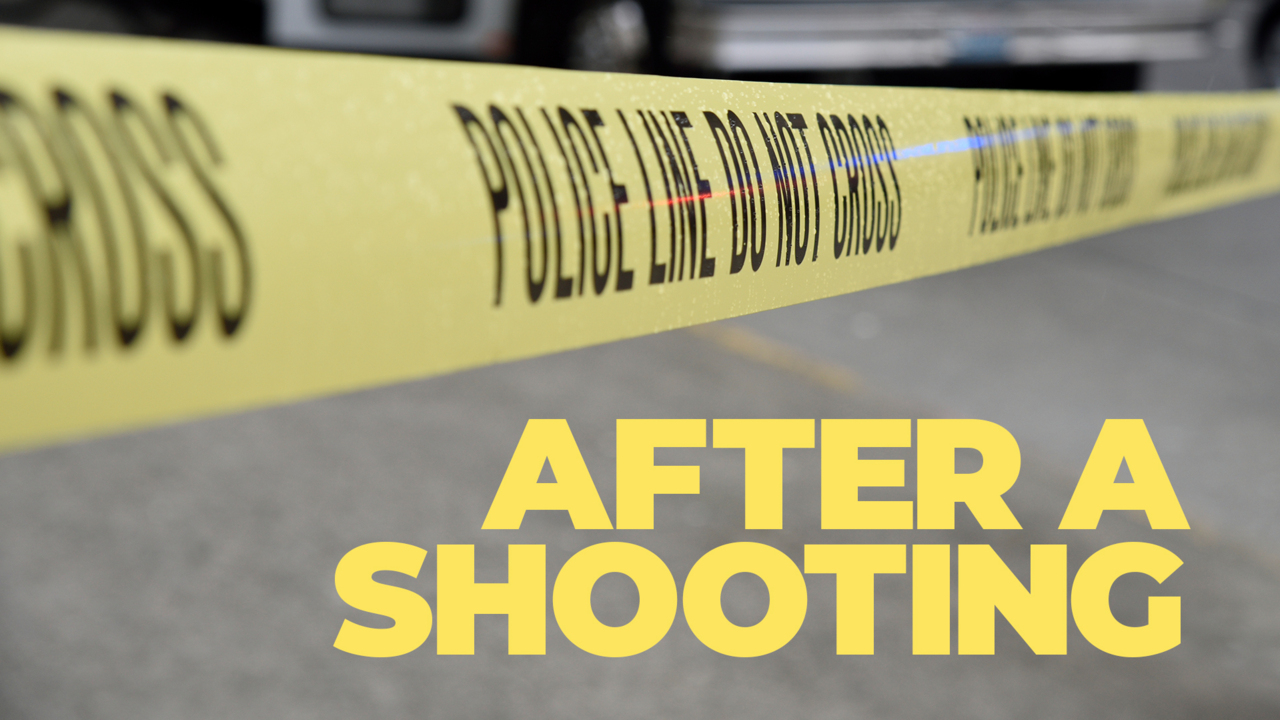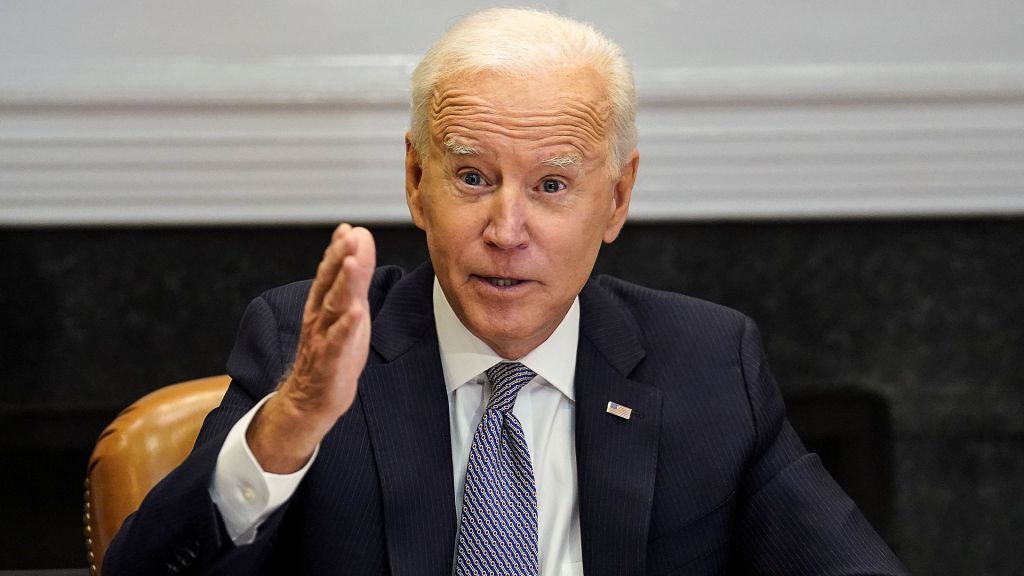
Mass shootings have a measurable negative impact on the local economy according to recent testimony before the House financial services committee.
After a city sees a mass shooting, it can experience up to a two percent increase in unemployment, and three percent decrease in property values. School shootings cause up to an 8 percent decline in property values within that district, with an average drop of 2.4 percent. They also have long term negative impacts on the students.
Professor Ruchi Singh says: “They were less likely to graduate from high school, less likely to enroll in college, and less likely to graduate from college. Moreover, they also had lower earnings and they were less likely to be employed at the age of 24 to 26.”
This all causes a snowball effect. Property value decreases erode the tax base, which leads to cuts for police, fire and sanitation departments. Shootings also create litigation costs, higher insurance premiums, layoffs and resignations.
The Mayor of Buffalo, New York is seeing this first hand after the Topps Grocery store shooting May 14th.
Mayor Byron Brown says: “In just the two weeks after the shooting. City departments, police, fire, sanitation, spent over $500,000 of unbudgeted dollars on overtime and other related services.”
Mayor Brown says those costs continue to increase. The President of Topps Grocery stores said a quarter of the employees from the Buffalo location chose not to return, and had to be transferred. Straight from DC, I’m Ray Bogan.






